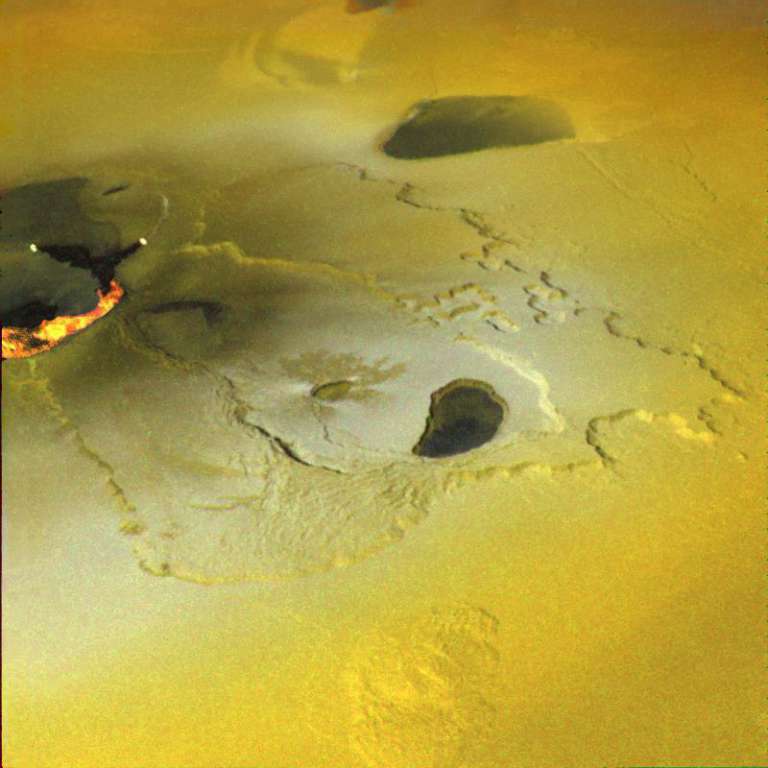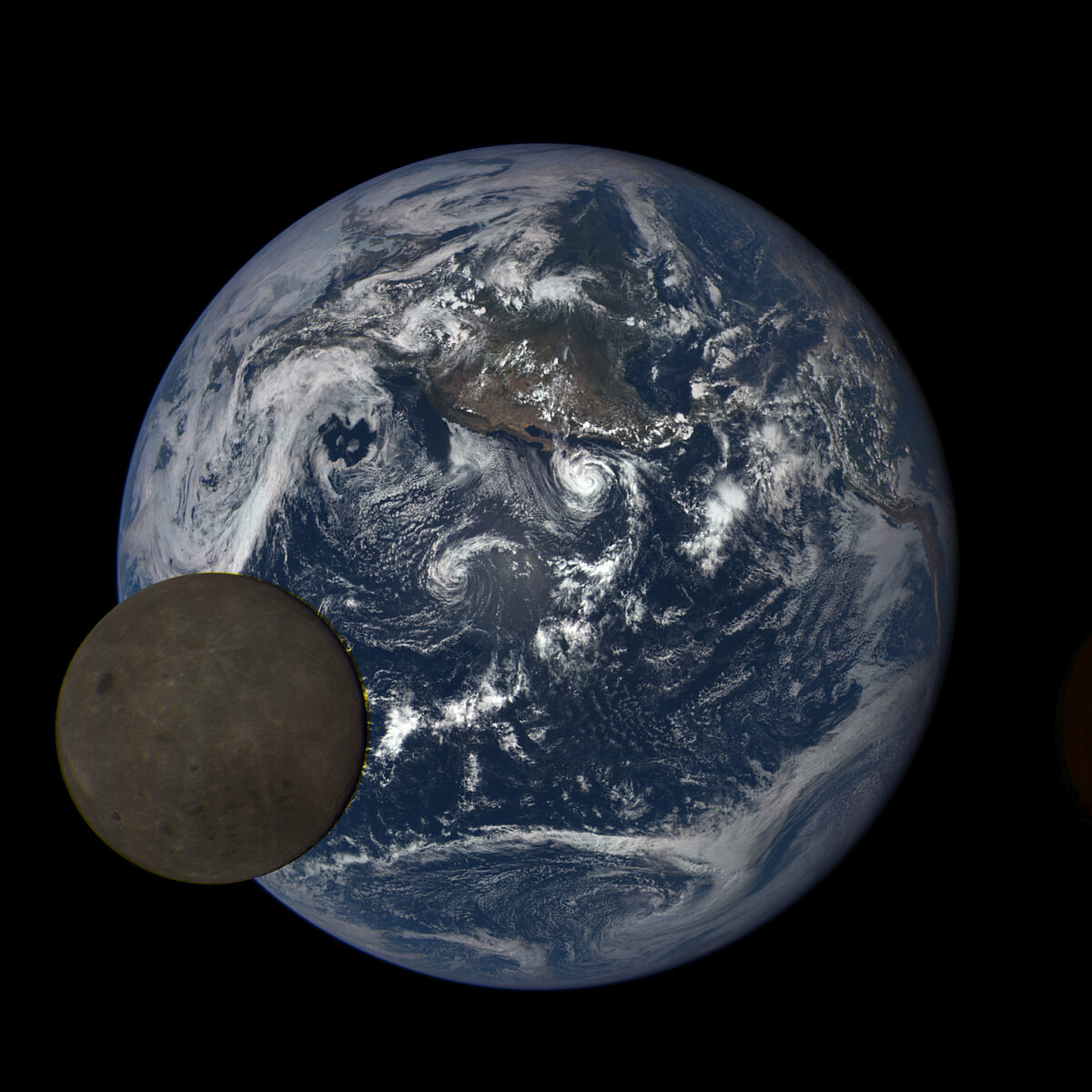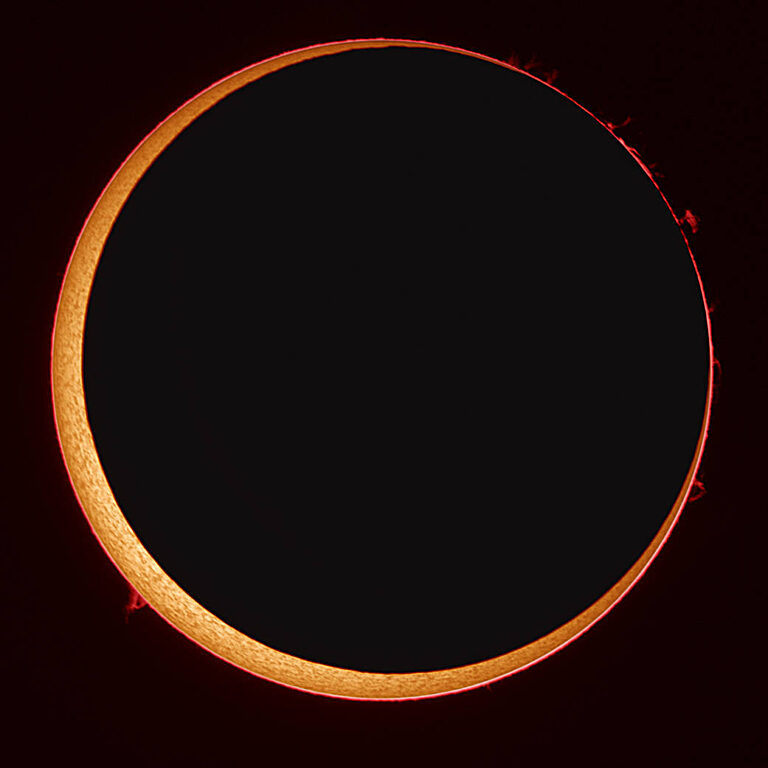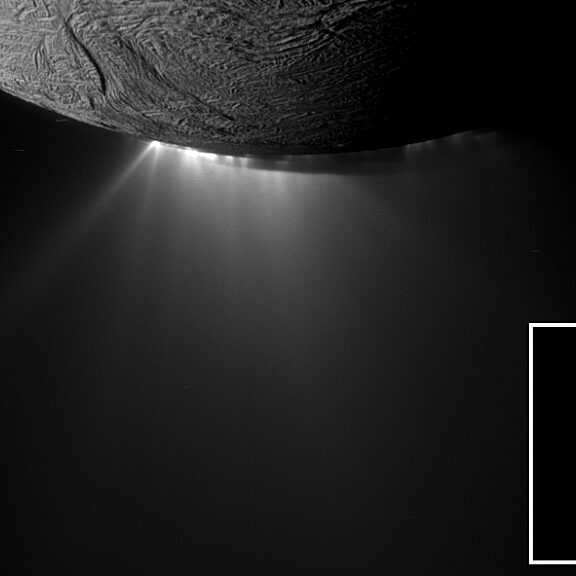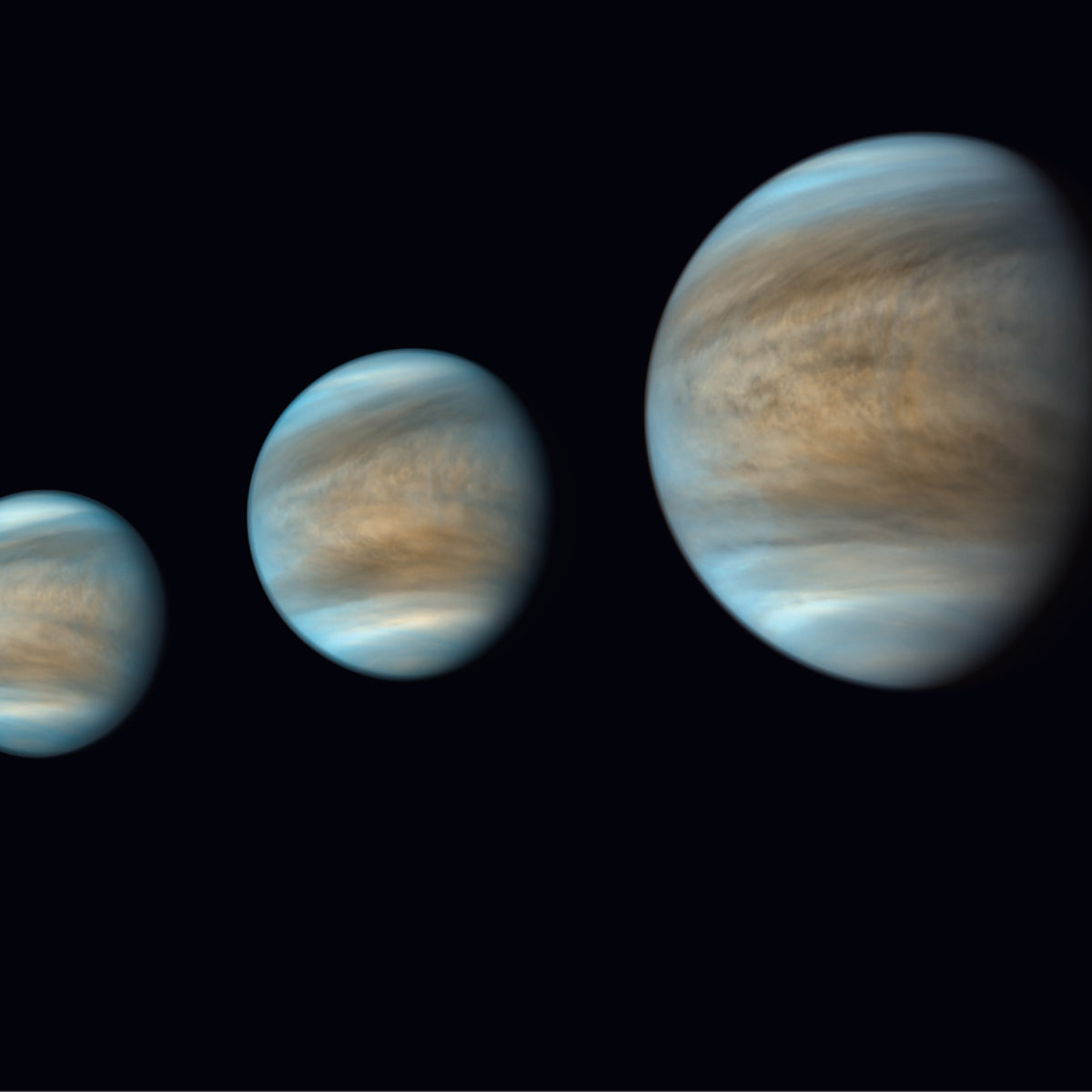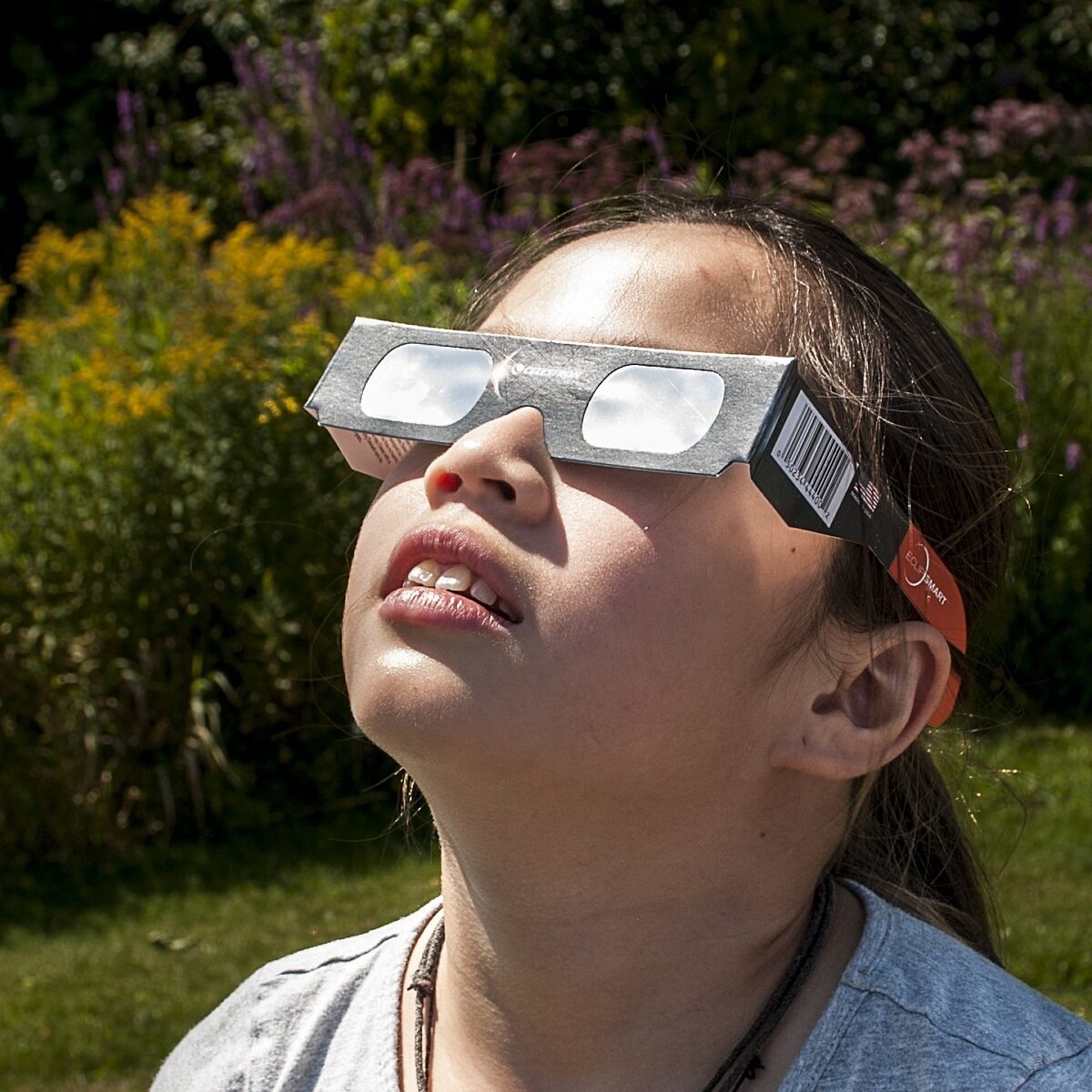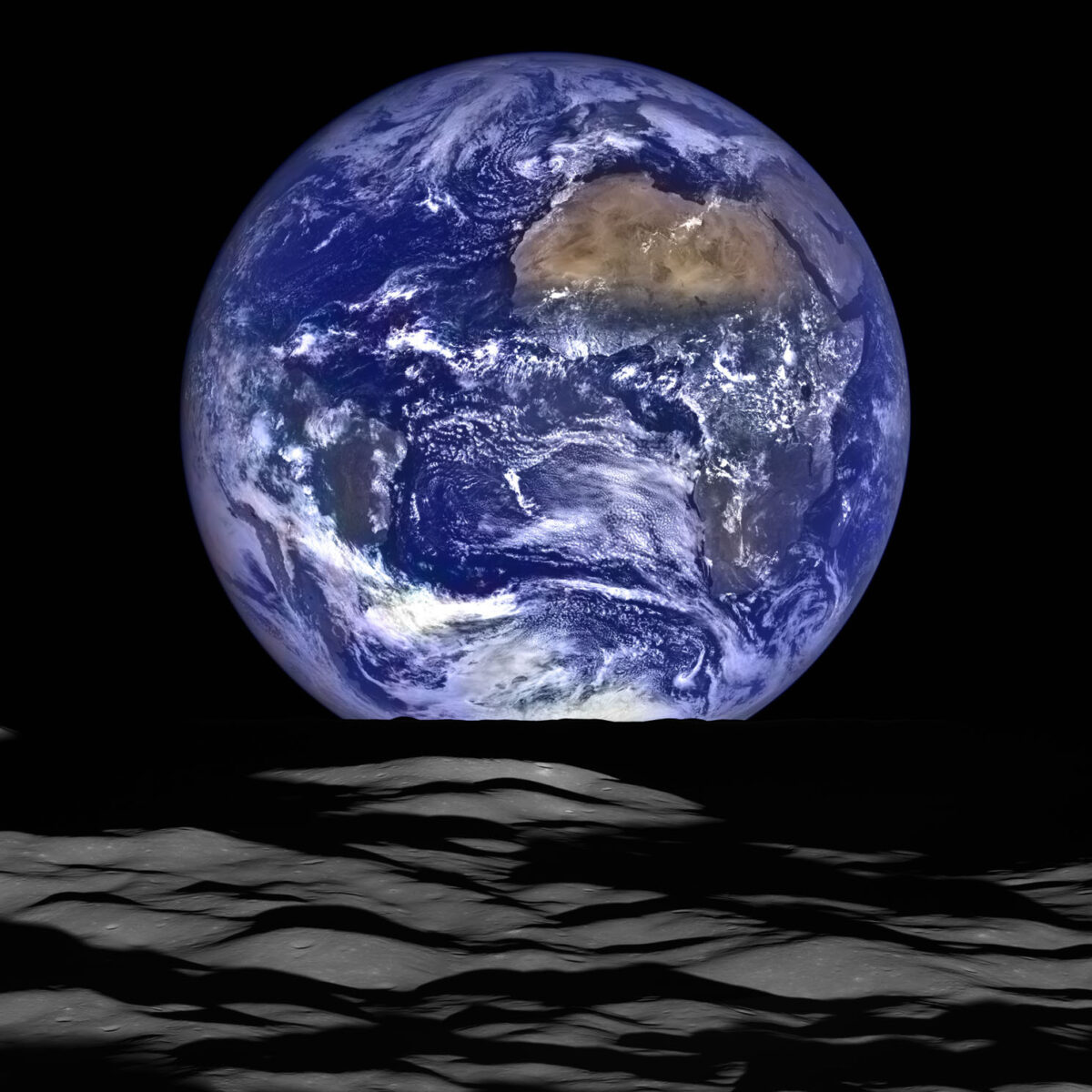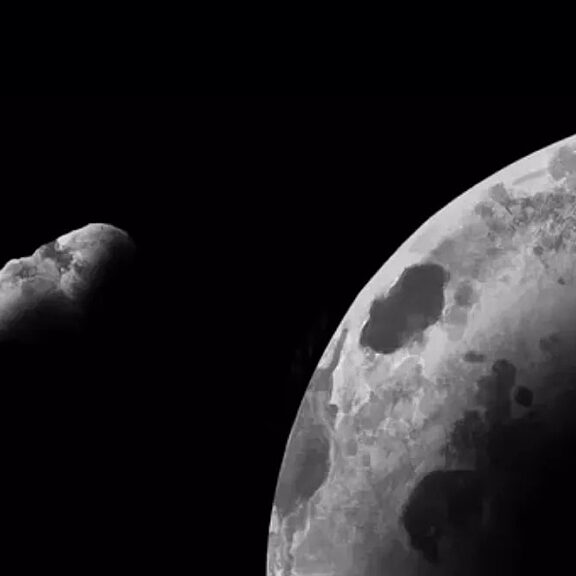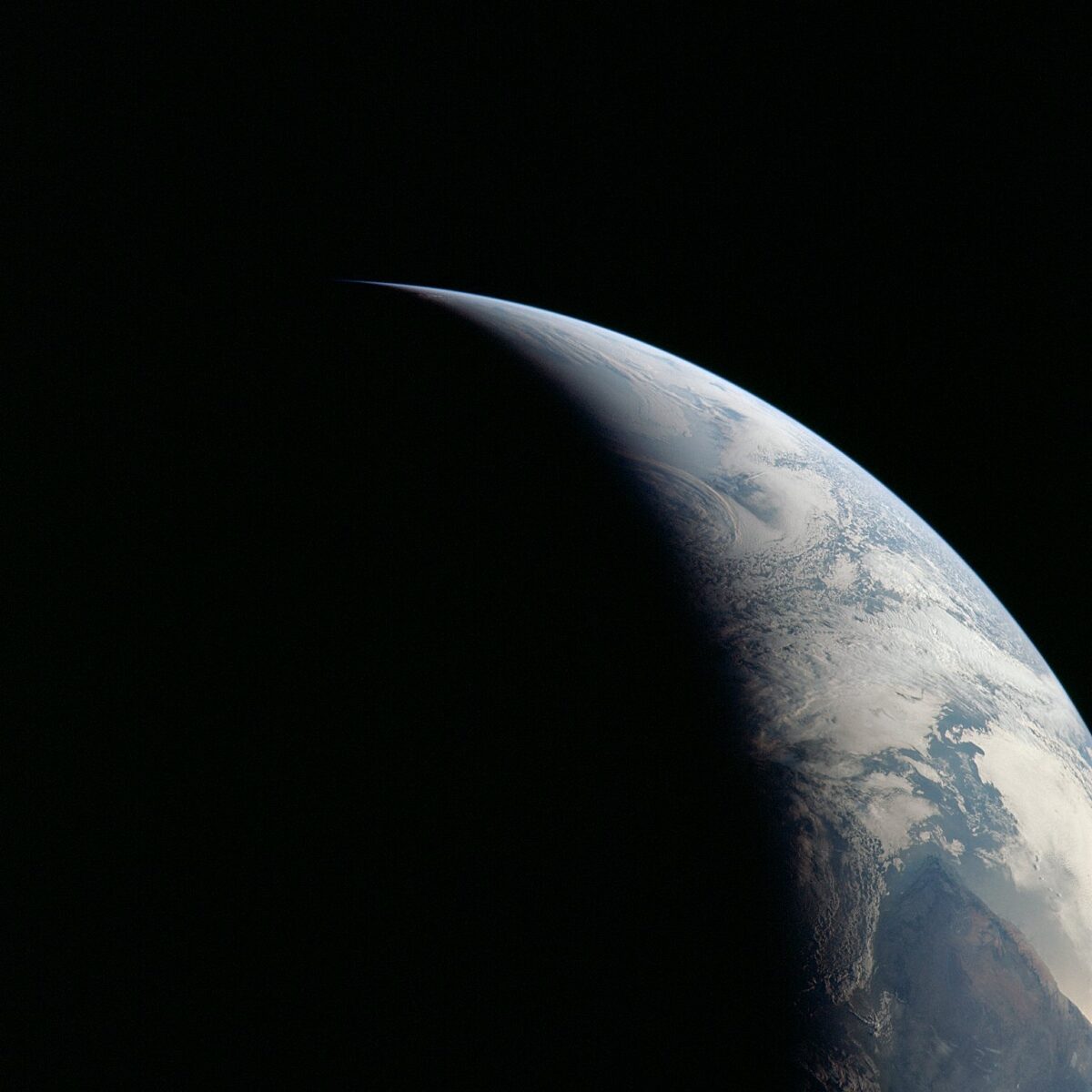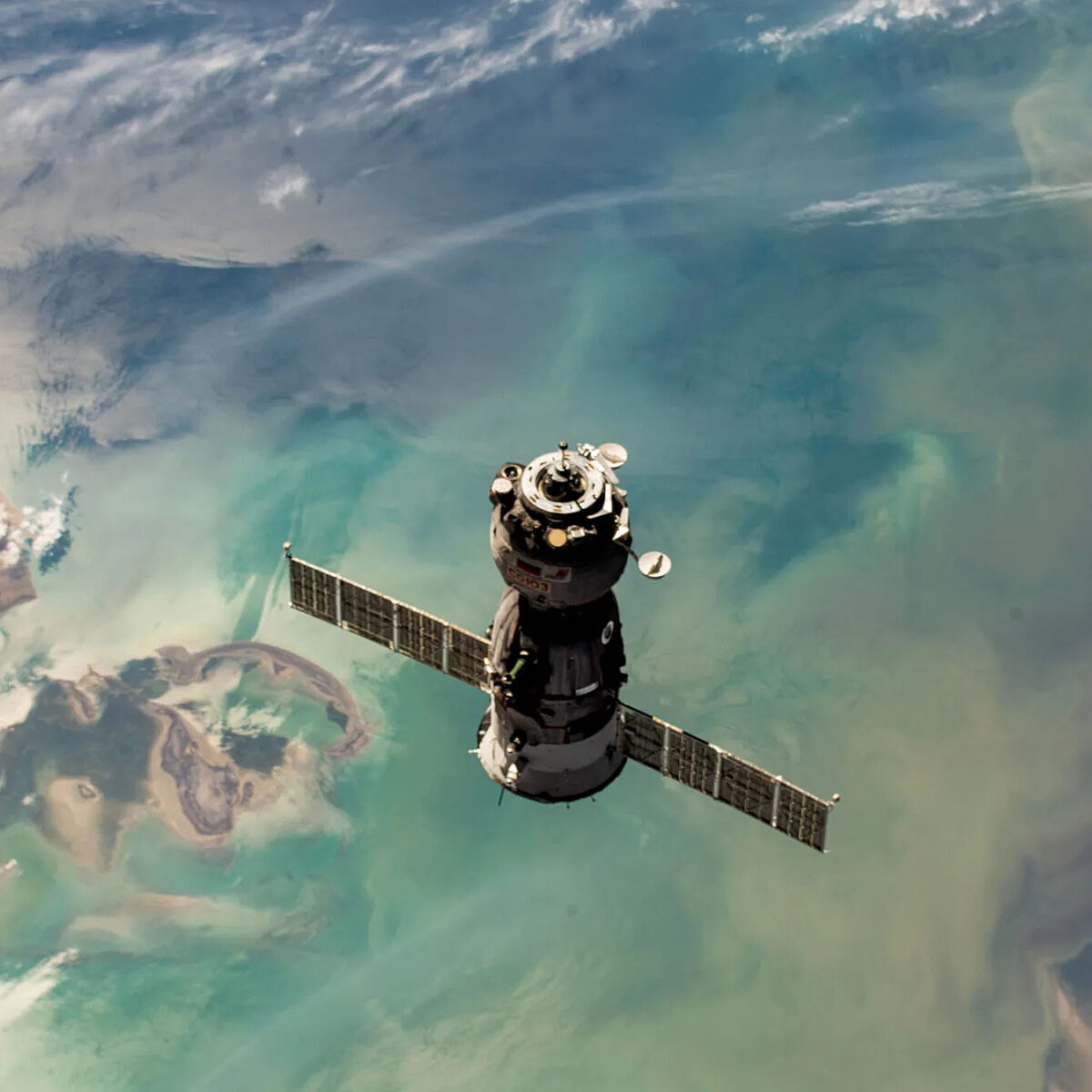All
All
Stories, updates, insights, and original analysis from The Planetary Society.
What are planets made of?
A look at the compositions of terrestrial planets, gas giants, and ice giants in our Solar System.
The hottest and coldest places in the Solar System
The worlds of our Solar System run the gamut of temperatures. Here are some of the hottest and coldest places we know of.
Is the Moon shrinking?
The Moon is shrinking in both actual volume and its apparent size from Earth’s perspective. We explain how scientists know this, why it happens, and how it might affect Earth.
An exquisite cosmic coincidence
Why eclipses on Earth are unlike anything else in the Solar System.
The best places to search for life in our Solar System
From Earth's neighboring planets to distant moons, these are the best places to look for alien life.
Why the true colors of the planets aren't what you think
Cameras on our space probes act as proxies for our own eyes, but what they see isn't necessarily what our eyes would see.
Sharing an eclipse with kids
Here's a simple and safe way to observe solar eclipses that's appropriate for young children, with no eclipse glasses or other special equipment needed.
How did Earth get its water?
Earth's water may have been on our planet since its formation, or could have been brought here by impactors early in our planet's history. Here's a look at the leading theories about where Earth's water came from.
How old is the Earth?
The Earth is thought to be about 4.54 billion years old. Learn more about how it formed, and how we know when this all happened.
What would happen if an asteroid hit the Moon?
If a large asteroid impacted the Moon, would it cause problems for us here on Earth?
Storms and showers
Mars has storms of dust, while Saturn pours down ammonia rain. Here on Earth, we passed through a debris tail to get a special kind of shower.
Hasta la vista, baby
Terminators abound this week in space, and we’ll be back to Mars if NASA gets the budget it needs.
Moon-spying missions and a planetary evil twin
Whether they’re dedicated to it or not, planetary missions can get beautiful and informative glimpses at distant moons. And who’s the evil twin: Venus or Earth?
Hard-working spacecraft and even harder-working microbes
The Soyuz spacecraft have been helping humans get to and from space for decades, but that’s nothing compared to the billions of years that microorganisms have been making life on Earth possible.
How did Earth get its oxygen?
A tiny, Sun-loving microbe has made a very big impact on our atmosphere.
What does “Mercury in retrograde” actually mean?
"Mercury in retrograde" is one of the most searched terms relating to the planet. Astrological interpretations aside, apparent retrograde motion is an interesting phenomenon that has to do with orbital speeds and observer perspective.
What the search for aliens can learn from life on Earth
When searching for extraterrestrial life, we have to base our hunt on what we know about life on our own planet. This may seem limiting, but there's a lot we can learn from the astonishingly diverse lifeforms we have here on Earth.
A long night, and “so long!” to InSight
Celebrate the December solstice, be thankful you’re not on Triton, and say goodbye to the InSight Mars lander.
Capturing the Cosmos
This week we have images snapped the old-fashioned and cutting-edge ways, creative ways of thinking about exploration, and artwork that expresses the beauty of it all.
Out-of-this-world astronauts (literally)
Celebrating 50 years of Apollo 17, the last crewed mission to the Moon.


 Explore Worlds
Explore Worlds Find Life
Find Life Defend Earth
Defend Earth


 Sun
Sun Mercury
Mercury Venus
Venus Earth
Earth Mars
Mars Jupiter
Jupiter Saturn
Saturn Uranus
Uranus Neptune
Neptune Small Bodies
Small Bodies
